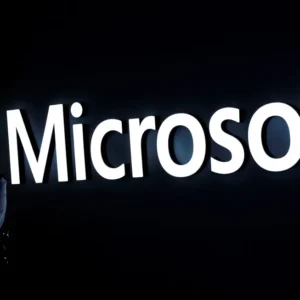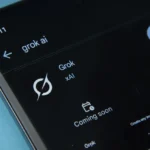Estonia, Latvia, and Lithuania have officially begun disconnecting from Russia’s electricity grid, marking a historic shift toward full energy independence and integration into the European Union’s network. The two-day transition process, which commenced on Saturday morning, is set to culminate with a landmark ceremony in Lithuania’s capital, Vilnius, on Sunday, attended by European Commission President Ursula von der Leyen.
Energy Independence from Russia
The Baltic nations have long been part of the Brell power grid—an energy network connecting Belarus, Russia, Estonia, Latvia, and Lithuania—since the post-World War II era. Although they stopped purchasing electricity from Russia in 2022, their dependency on the grid left them vulnerable to Moscow’s control over energy flow.
Lithuanian Energy Minister Žygimantas Vaičiūnas highlighted the significance of the transition, stating, “We are now removing Russia’s ability to use the electricity system as a tool of geopolitical blackmail.” Experts view this as a major step in strengthening energy security in the region.
Preparations and Security Measures
Residents in the Baltic nations were advised to prepare for potential disruptions, with officials recommending that people charge electronic devices, stock up on food and water, and avoid using elevators. In some areas, traffic lights were temporarily switched off.
Following the disconnection from the Brell grid, the three countries will conduct frequency tests before integrating into the European grid via Poland. Professor David Smith of the Baltic Research Unit at the University of Glasgow remarked, “This marks the end of the Baltic States being an energy island still linked to Russia and Belarus.”
Security Risks and Cyber Threats
The transition comes amid heightened tensions between the Baltic States and Russia, which escalated following Moscow’s full-scale invasion of Ukraine in 2022. Since then, suspected sabotage incidents involving undersea electricity cables and gas pipelines in the Baltic Sea have raised concerns about possible retaliation from the Kremlin.
In recent months, NATO has increased security efforts, launching a regional patrol mission called Baltic Sentry. Latvian President Edgars Rinkēvičs confirmed that security agencies were on high alert, stating, “We cannot rule out some kind of provocation.” Latvian Prime Minister Evika Siliņa echoed these concerns but assured citizens that contingency plans were in place.
Cybersecurity experts in Estonia also warned of increased cyber threats during the transition. Gert Auvaart, head of Estonia’s Cybersecurity Centre, stated, “Russia may attempt to exploit this period to create uncertainty,” but affirmed that Estonia was well-prepared to counter any attacks. Since 2022, cyber-attacks against Baltic government agencies and businesses have surged, ranging from hacktivist-driven Distributed Denial-of-Service (DDoS) attacks to more sophisticated intrusions.
Disinformation Campaigns
Another key concern is the spread of false information regarding the transition. Following the Baltic states’ formal notification of their withdrawal from the Brell grid in August 2024, social media platforms saw an uptick in misleading posts falsely claiming that leaving the Russian power grid would result in electricity shortages and soaring prices.
Despite these challenges, the Baltic governments remain confident that the switch to the European power network will enhance energy stability and security in the long run.
As the countdown to full integration with the EU grid nears completion, the historic transition symbolizes the Baltic nations’ continued break from Moscow’s influence, reinforcing their independence and alignment with Western allies.














